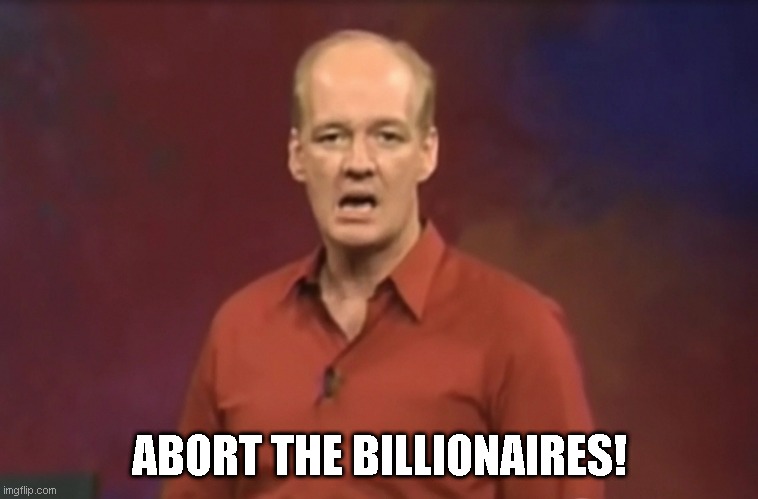Why Policymakers Should Be Willing to Raise High-Income Taxpayers’ Taxes
There are a number of reasons why Congress should consider modestly raising taxes at the top of the income distribution as part of a balanced deficit-reduction plan.
--Higher-income individuals can afford to share in the sacrifices needed to reduce long-term deficits. An analysis of IRS data by Thomas Piketty and Emmanuel Saez shows that the top 1 percent of households received nearly 20 percent (19.8) of the nation's total adjusted gross income in 2010 (the most recent year available), far more than the entire bottom half of the population had.
--High-income taxpayers have benefited disproportionately from the 2001-2003 tax cuts. In 2011, according to the Tax Policy Center, households earning more than $1 million are receiving an average of $128,832 in tax cuts (equal to a 6.2 percent increase in their average after-tax income), while households earning between $30,000 and $40,000 are receiving an average tax cut of $719 (a 2.4 percent increase in after-tax income).a
--Policymakers can raise significant revenues at the top of the income distribution. When billionaire investor Warren Buffet called on policymakers to “get serious about shared sacrifice” by raising taxes on the nation’s wealthiest individuals, some critics claimed this wouldn’t make a serious dent in our budget problems. But simply allowing the 2001 and 2003 tax cuts for taxpayers with incomes over $250,000 ($200,000 for single filers) to expire would contribute $968 billion to deficit reduction over the next ten years (excluding the savings on interest payments on the debt). Various other methods of increasing effective tax rates at the top of the income distribution also would bring in significant revenue. (Of course, substantial changes also will be needed in the spending side of the budget and elsewhere in the tax code.)
--Finally, failure to include, as part of deficit reduction, measures that ask high-income individuals to contribute more in taxes would require low- and middle-income households to bear an overly large share of the deficit reduction burden through steep spending cuts. If shared sacrifice in reaching fiscal sustainability is to be achieved, the only way to include high income households in a significant way is through tax increases. Given the need to reduce deficits, and the need for revenues to make a contribution, it would be odd to suggest that those with the highest incomes should be exempt.



